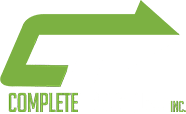Sewer Pipe Leaks and Storm Water Causes Natural Issues
Roughly one-third of Seattle has old pipes called “combined” pipes that serve for both storm water and sewage waste. Aged pipes and infrastructure are a risk to Seattle’s water and wildlife when the sewers are taxed beyond their capacity.
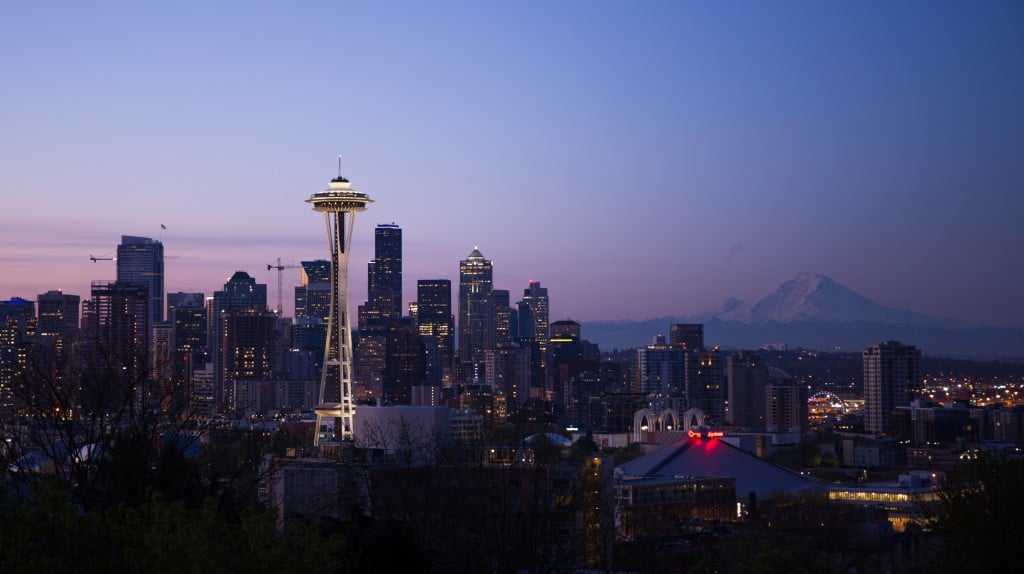
When sewage flow exceeds the capacity of the pipes, it overflows and can run out into bodies of water which threatens wildlife.
The sewage overflow is not usually severe enough to kill animals but can alter the ecosystem and impact long-term survivability. This pollution isn’t a constant but is sporadic and based on the volume of storm water.
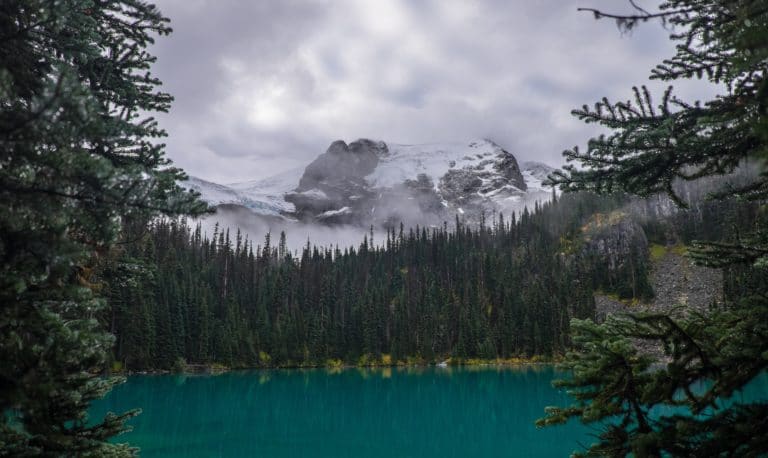
But when overflow occurs, it can create a hotspot of pollution in our waters. That’s not good for wildlife – and it’s not good for people either.
Any time you see oil on the water, cigarette butts floating, or other litter, that’s pollution that puts birds, fish, and other animals at risk.
Some of this is intentional pollution from careless people that throw trash out on the roads or waterways. But other of it is unintentional and can go hand in hand with storms and watershed.
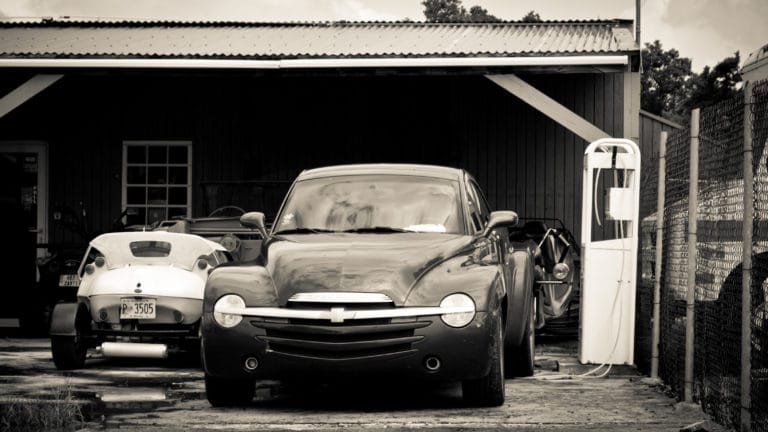
This is a major issue across the country in all types of areas for similar reasons. The low lying areas of the Florida coast and Miami beaches are seeing seepage and combining of sewer pipes and water runoff from rising sea levels. A pipe contractor Pipe Surgeons that does leak detection in South Florida has been seeing these problems for about a decade, and much of their work involves figuring out how to circumvent this issue.
Seattle’s driveways, streets, parking lots and other hard surfaces often contain contaminants like oil, detergent, or other chemicals. Storm runoff can wash this down the roads and into our waterways.
Combined with sewage overflow, a heavy rain can result in an onslaught of pollution into Puget Sound and other local bodies of water.
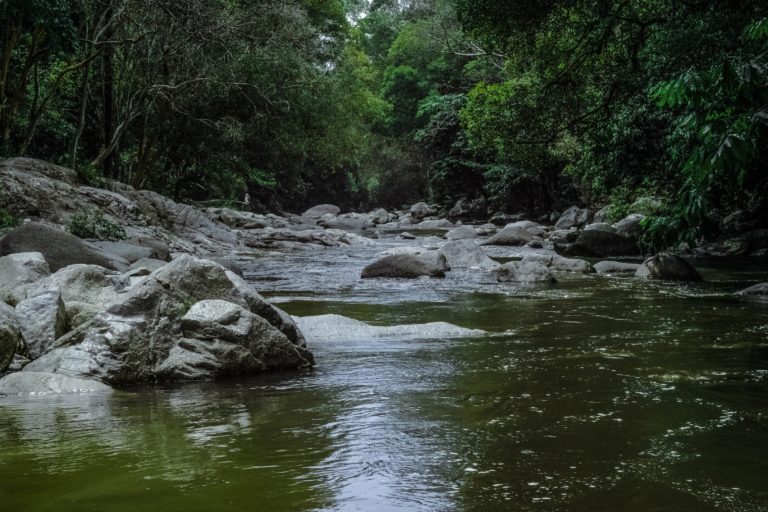
Construction projects can also pile onto this amalgam of pollution. Toxic metals from new construction can wash into the waters and wipe out small waterborne life that larger animals depend on and this can escalate up the food chain.
Add to that older vehicles that leak oil, gas or other fluids and you have a recipe for water that’s not healthy for wildlife.
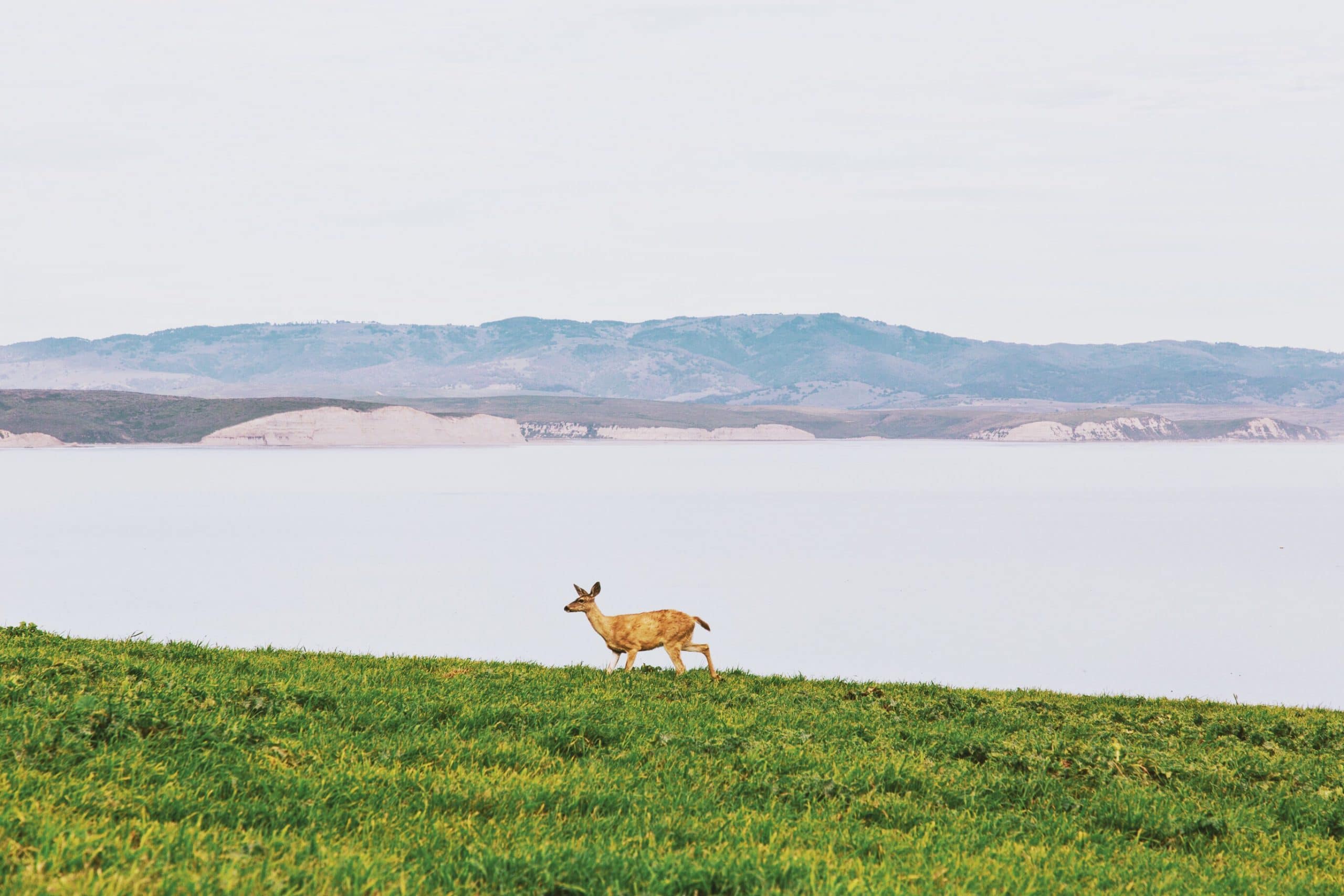
The Port of Seattle’s Maritime Stormwater Program treats 1.2 billion gallons of runoff from its 1560 acres of facilities, but that’s just a fraction of stormwater in Seattle.
Sea-Tac has a stormwater program because of its special risk due to aircraft fuel, chemical cleaners, and oil and fuel spills that can factor into runoff into three streams and Puget Sound that are nearby.
When storm drains are working properly and are not over capacity, there’s no threat to wildlife or health. But when the system is overwhelmed, problems can emerge.
A recent annual report from the Wastewater Treatment Division showed close to 400 overflow events in King County that sent a total of 1.1 billion gallons of waste into vulnerable waters.
You can help prevent toxic runoff from your property by taking the following steps recommended by the Environmental Protection Agency (EPA):
- Don’t dump cleaners, chemicals, fuel, or oil in storm drains.
- Use as little fertilizer as possible, sweep your driveway and sidewalk and keep gutters clean.
- Compost your yard waste.
- Don’t leave bare spots on your lawn – plant grass or other vegetation.
- Take it easy on pesticides and if you must use them, select the least toxic option.
- Aim downspouts from gutters away from concrete and into grass or garden areas.
- Use a car wash instead of washing at home to prevent chemical runoff to the street.
- Recycle motor oil and repair any leaks you notice ASAP.
- Pick up animal waste from your yard.
- If you have a septic tank, have it pumped and inspected regularly.
And if you have any sewer, septic, or drain issues, contact Complete Trenchless for trenchless high-tech solutions that are faster, more affordable, and less disruptive to your lawn and life. Call (206) 259-0415 to reach Complete Trenchless in Seattle.
